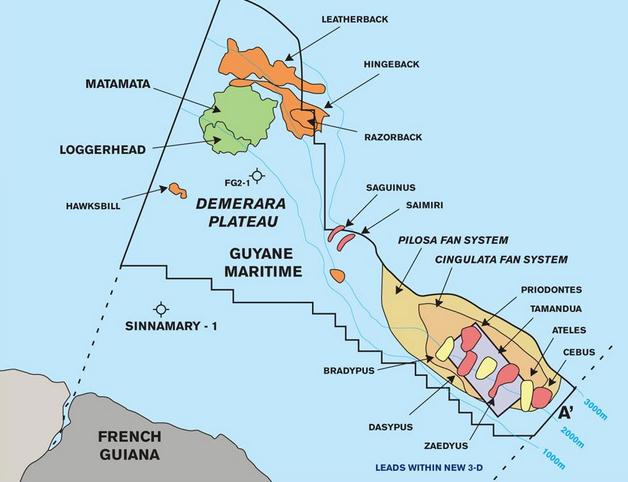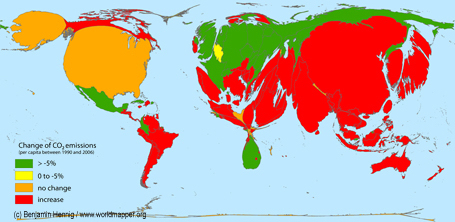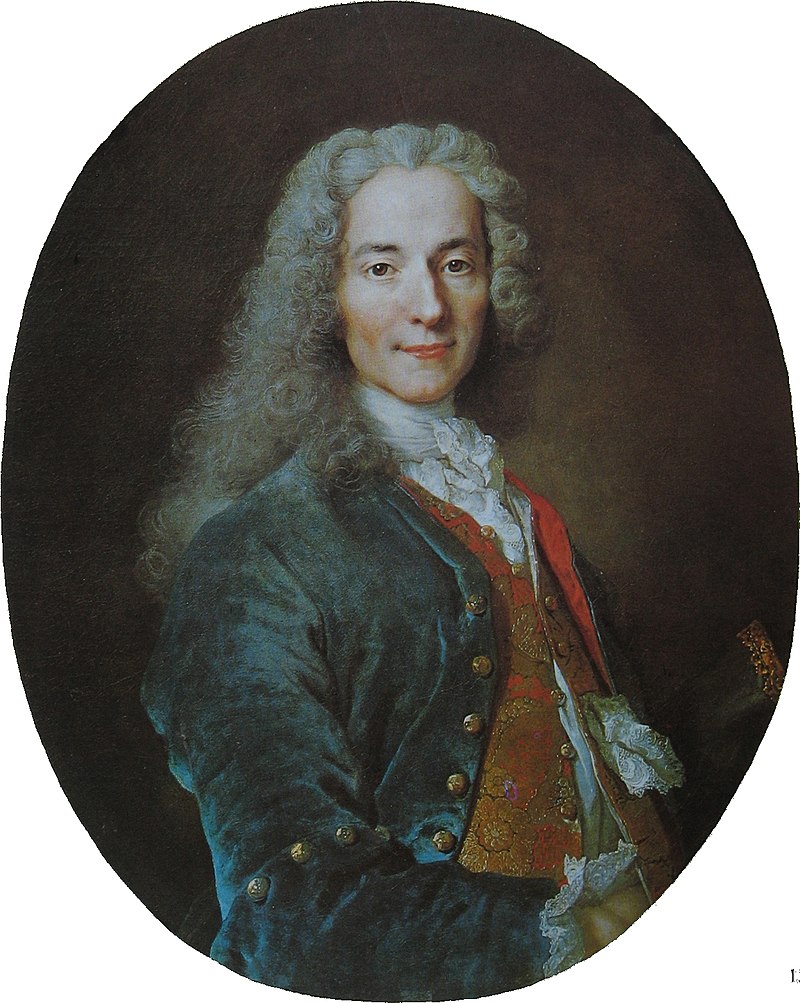France Passes Law Banning Fossil Fuels [Gaille Energy Blog Issue 59]
- Posted by scottgaille
- On December 25, 2017
- 0 Comments
- france ban climate
Toreador Resources Corporation was one of the first companies to exploit international shale in the late 2000s. Hydraulic fracturing was working in the United States, and similar shale formations exist around the world. One of the largest sits in the middle of France, just east of Paris. The EIA estimates that France has among the largest natural gas reserves in Europe:

France also is a large importer of natural gas, burning more than 1 tcf of gas produced elsewhere.
Toreador’s CEO was American Craig McKenzie, a graduate of Northwestern’s Kellogg School of Business. He was among the first to see the Paris Basin shale opportunity.

I like to understand people’s life stories. What events have shaped them? What did they have to overcome?
“[One study] found that less than 15% of their famous men and women had been raised in supportive, untroubled homes, with another 10% in a mixed setting. Of the 400, a full 75%—some 300 individuals—had grown up in a family burdened by a severe problem: poverty, abuse, absent parents, alcoholism, serious illness or some other misfortune. ‘The ‘normal man,’’ the [study] wrote, ‘is not a likely candidate for the Hall of Fame.’” Meg Jay, The Secrets of Resilience, Wall Street Journal (Nov. 10, 2017).
Craig McKenzie lost his father at 13. William W. McKenzie was a pilot for Southern Airways. Captain McKenzie’s plane encountered a terrible storm, and hail stones broke the cockpit windows and destroyed the plane’s engines:
“At 4:18 P.M. on April 4, 1977, a powerless DC-9 . . . on its way to Atlanta, made an emergency landing on a rural two-lane highway in this small community, about 30 miles northwest of Atlanta. The pilot brought the plane down right on the yellow line. But the plane clipped roadside power poles and trees with the tips of its wings . . . . Twenty-two survived, including the two flight attendants.” Kevin Sack, Memories and Healing Two Decades After Crash, New York Times (Apr. 14, 1997).
While Captain McKenzie perished, his miraculous landing on the road saved the lives of 22 passengers. Twenty years later, the New York Times reported how Craig and his mother attended a reunion of these survivors and their descendants. Such experiences do shape people.
Craig McKenzie saw the untapped supply in the Paris Basin shale, and the growing energy demand in Europe. He pounced, betting the company on French shale. McKenzie led the acquisition of nearly a million acres there.

He then partnered with Hess Corporation to develop them. Just when it looked like Craig’s vision would be realized, disaster struck. In 2011, France banned the use of hydraulic fracturing. Without hydraulic fracturing, Toreador’s 780,000 acres of shale concessions were worthless—because the natural gas could not be produced. About $350 million of Toreador’s stock value evaporated.
France offered no compensation to Toreador’s shareholders, and McKenzie had no choice but to sell Toreador for the value of its existing wells. Texas’ ZaZa Energy Corporation entered into an agreement to acquire Toreador in mid-2011. The new ZaZa Board of Directors elected McKenzie as the combined companies’ initial CEO. That same Board also appointed me as ZaZa’s Chief Compliance Officer & General Counsel.
As General Counsel, my responsibilities included trying to realize value from the distressed Toreador assets. I hired experts on French politics, who helped me understand the behind-the-scenes maneuvers leading to the shale ban. I also traveled to Paris and met with the French ministers responsible for energy and the environment. What I learned in 2012 and 2013 was that it was unlikely the shale ban would be reversed. One minister candidly told me:
“The ban on fracking is merely the start. We will ban fossil fuels in all forms. We will ban production. We will ban importation. We will ban motor vehicles. One day, France will be green.”
Words like these made it clear there was no future in France for my client. The Toreador assets were eventually broken-up and divested to others with rosier views of France’s future.
But had Toreador been sold prematurely? Five years later, my assessment of the French political situation was proven correct. The 2011 ban on hydraulic fracturing was just the first step toward ending fossil fuels in France. As the minister had predicted, a new law was passed, paving France’s path to zero fossil fuels:
“No new permits will be granted to extract fossil fuels and no existing licenses will be renewed beyond 2040, when all production in mainland France and its overseas territories will stop. France bans fracking and oil extraction in all of its territories. . . . [The French] government plans to stop the sale of diesel and petrol engine cars by 2040 as well.” The Guardian (Dec. 20, 2017).
It looks like France’s 100+ TCF of natural gas will remain forever locked in the planet’s crust. So, too, will France’s law affect the economic prospects of its distant dependencies in South America and Africa:
- French South America. South America’s Guyana basin is estimated to have as much as 13 billion barrels of oil—spread across the two nations of Guyana and Suriname and France’s overseas territory, French Guiana. Explorers have been excited about the Guyana basin for more than a decade. I first traveled there in 2005 to negotiate a series of farm-ins and production sharing agreements to lock-up acreage in Guyana, Suriname, and French Guiana. While the big discoveries have been outside of French waters, the Zaedyus well in French Guiana intersected 236 ft of oil pay (although subsequent appraisal wells failed to extend the reservoir), and there are numerous other undrilled prospects in French waters there:

- French Africa. Other territories within French control that could harbor petroleum reserves include the Indian Ocean islands of Mayotte and Juan de Nova. These islands sit between petroleum discoveries in Mozambique and Madagascar:

The French President tweeted jubilantly about the ban:

But does #keepitintheground actually help #makeourplanetgreatagain? If France’s goal is to reduce carbon emissions, the surest way to accomplish that goal is by substituting natural gas for coal. Burning natural gas—instead of coal—would reduce carbon emissions by ~50%. French gas could be used elsewhere in Europe, perhaps enabling Russian gas to be sold to China (the world’s number one carbon polluter due to its reliance on coal).

Yet France apparently believes that a 50% reduction in carbon emission is not enough. They are purists. They want zero emissions.
Unfortunately, purists often end up with nothing. Twenty-two years from now, how will France’s quest for environmental perfection be viewed? Will France have successfully led the world to ban fossil fuels? Or, will President Macron have squandered an opportunity to curb carbon emissions by developing its shale gas? As another French citizen, Voltaire, once warned:
“Le mieux est l’ennemi du bien. (The perfect is the enemy of the good.)”

About the Gaille Energy Blog. The Gaille Energy Blog discusses issues in the field of energy law, with periodic posts at www.gaillelaw.com. Scott Gaille is a Lecturer in Law at the University of Chicago Law School, an Adjunct Professor in Management at Rice University’s Graduate School of Business, and the author of three books on energy law (Construction Energy Development, Shale Energy Development, and International Energy Development).
Images available on the Internet and included in accordance with Title 17 U.S.C. Section 107.

0 Comments